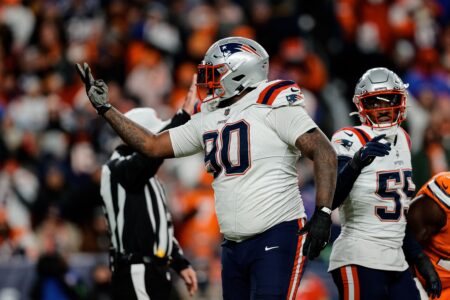Galeb
Experienced Starter w/First Big Contract
- Joined
- Mar 13, 2013
- Messages
- 5,369
- Reaction score
- 6,758
I referred to a butcher's bill being paid by Grant's predecessors, and never called Grant a butcher. The number of troops involved in Shiloh wasn't even close the the numbers involved at Chancellorsville. Your putting words in my mouth and making questionable comparisons is a clear indicator that you have a lot invested into your perspective on the Civil War being right. My perspective is different and changes when I receive new information that is both pertinent and reliable.It irritates me every time I see Grant being characterized as a "butcher" and a poor "tactician." The characterization of Grant as being a "butcher" was coined first by the media of the day, and then propagated by the "lost cause" school of disgruntled historians from the South engaging in revisionist history which literally continues to this day.
Grant was the first Northern general to commit fully to a battle (Shiloh) and throw everything he had into it, without backing down. Up to this point, the civil war had for the most part been mere skirmishing and light battles, and only after Shiloh did many realize how terrible the war was going to be. Easy to blame Grant rather than face the stark reality of how much the country was going to suffer.
Grant's Vicksburg campaign of the war is considered by military historians to be the best tactical campaign of the entire war in that Grant cut off from his own supply line, paralyzed two divisions (Pemberton and Johnston) with his feints and deceptions, and laying seige to Vicksburg, deep in enemy territory. His backdoor moves kept Johnston from joining up with Pemberton, and actually put strain on Lee's attempt to start the Gettysburg campaign (Davis had asked Lee to lend a few brigades or regiments to the Western theater; Lee refused).
Grant lost in two months of combat, the same amount of men that Lee lost in just 4 days at Chancellorsville.
Grant, as a military commander would not have answered to the government. Only when he was given command of the entire army, in 1864, did he then have to answer to the president.
BB's situation with Kraft bears zero resemblance to Grant's relationship with his superior who was in this case, Gen. Halleck, a vain man full of venom and resentment. Halleck resented Grant's skyrocketing popularity and literally was an active saboteur, shelving Grant post-Shiloh, and undermining Grant to the point where Grant had literally planned his own resignation and very fortunately for history, was talked out of it by his best friend, General Sherman.
If there is any sort of comparison between Grant and BB, it's that both of them were quite brilliant in their respective fields but their victories were characterized by anything but their brilliance (Grant only won because he was a "butcher" and Belichick only won because he had "cameras," a.k.a. "Belicheat").
Grant was a great strategist, not a great tactician. The two are very different things.
You should make a stronger effort to understand an analogy before attacking it. Before BB, Kraft didn't give his football people enough authority and his undermining of them caused damage. Before Grant, the Union government constantly undermined their commanding generals causing all kinds of problems. Both the Krafts and Union government learned from their mistakes which gave BB and Grant the freedom to succeed. I do like your comparison of BB and Grant's success being explained away. I hadn't considered that when I made the analogy.
Last edited:




















